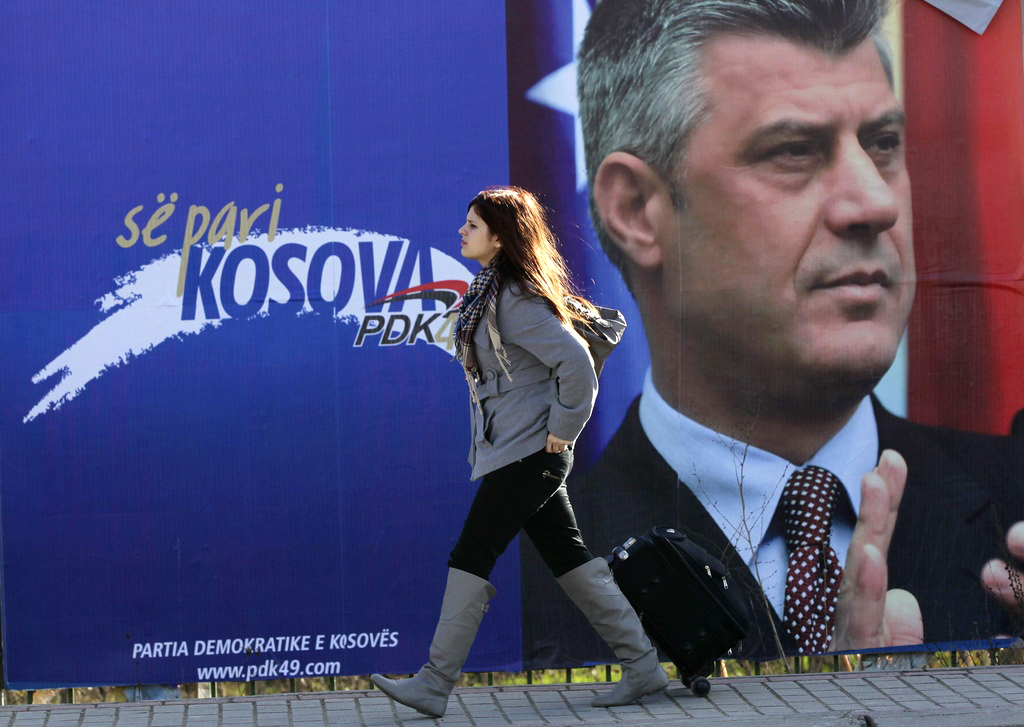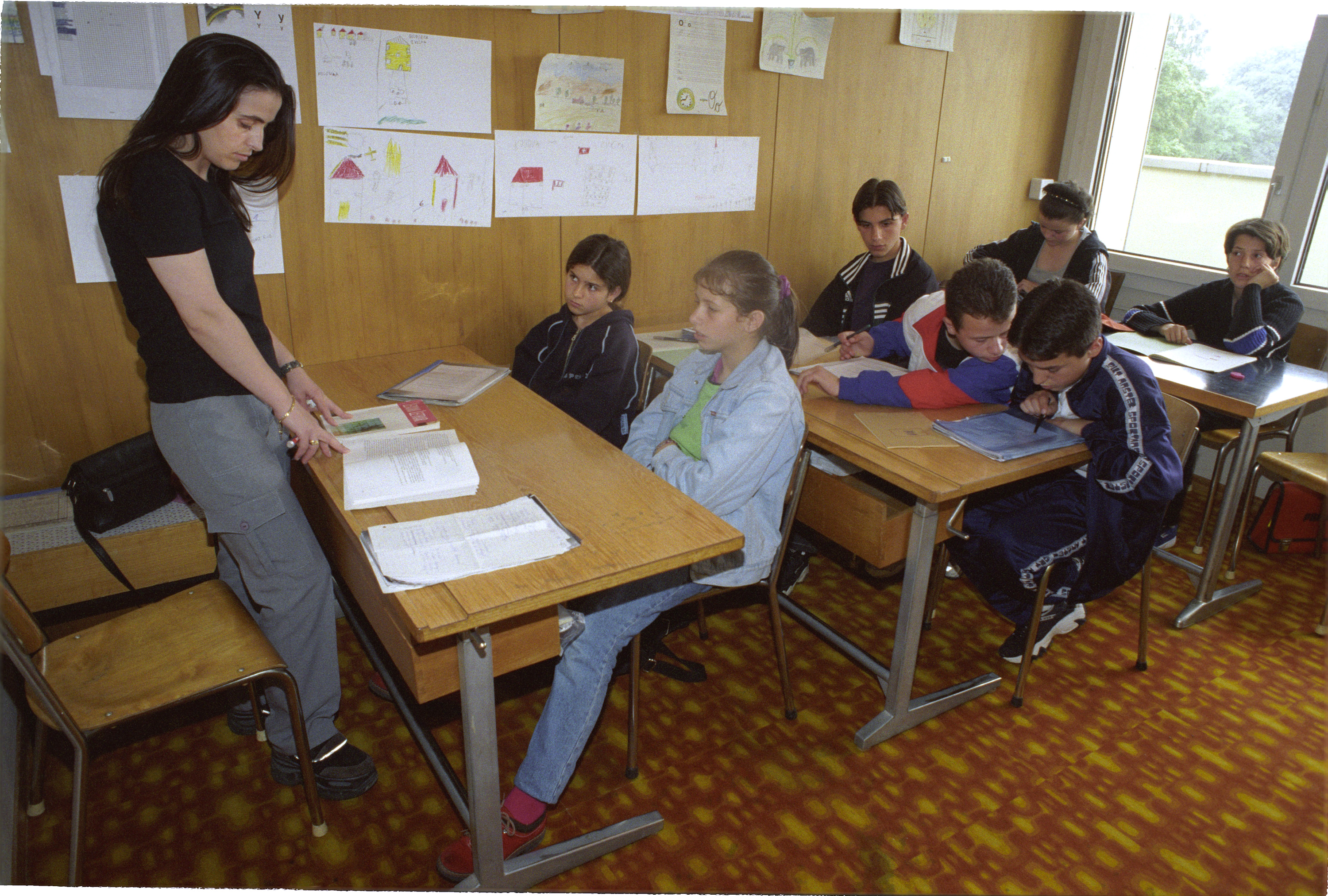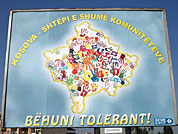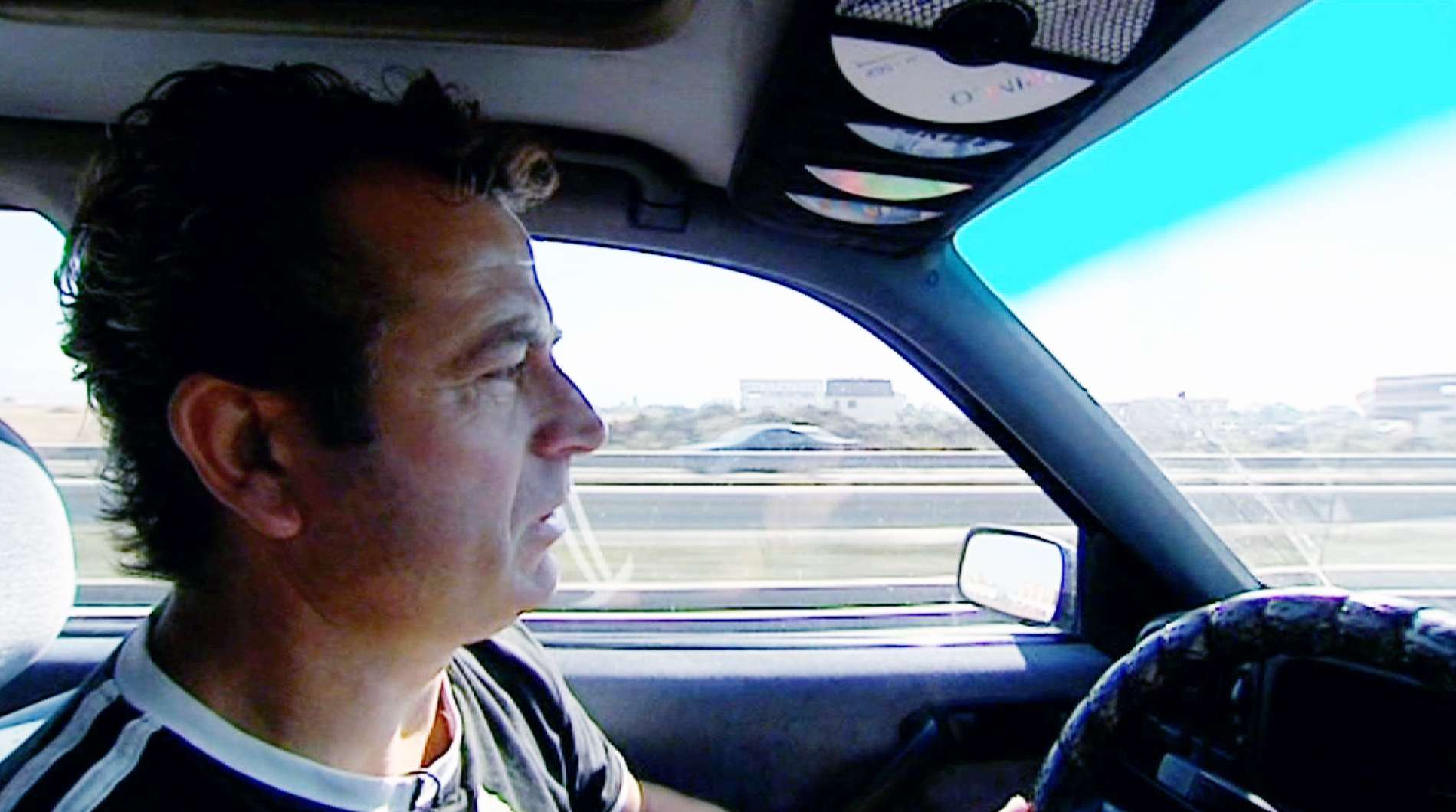Kosovo’s mood of optimism turns to disillusion

For the first time since its declaration of independence in 2008, Kosovo is on Sunday holding parliamentary elections.
According to the Swiss ambassador in Pristina, Lukas Beglinger, the country remains to a large extent dependent on foreign support.
swissinfo.ch: How is the atmosphere in the run up to the elections?
Lukas Beglinger: The spirit of optimism in 2008 has given way to widespread disenchantment because the hopes that came with the declaration of independence, which in some cases were unrealistic, have only partly been fulfilled. In particular, the economic and social situation are precarious.
The population is mostly aware that the first national elections in independent Kosovo are an important political signal for the future of the young country.
swissinfo.ch: Switzerland was one of the first countries to recognise Kosovo after the independence declaration. There are about 170,000 Kosovars living in Switzerland. To what extent has migration from Kosovo changed since independence?
L.B.: As we expected, Kosovo’s independence has had no significant impact on migration, either in one direction or another.
Switzerland’s major reconstruction aid after the war in Kosovo enabled the return of tens of thousands of Kosovan refugees. The vast majority of the Kosovan diaspora in Switzerland prefer to remain in our country. The number of those returning to Kosovo, several hundred each year, has remained stable in recent years.
There would need to be a radical improvement in the economic and social conditions in Kosovo to increase the willingness to return by the Kosovan diaspora and that has not happened yet.
The main reason why people come to Switzerland is that they want to join their relatives. Young people in Kosovo are still very likely to contemplate leaving because of the lack of economic and social prospects. And Switzerland, with its significant Kosovan disapora, is one of the countries that is favoured. Despite that, there is no appreciable increase in emigration to our country.
swissinfo.ch: Kosovo is one of the poorest countries in Europe and unemployment is very high. Because of inadequate legal compliance and widespread corruption, many foreign firms have been put off opening a subsidiary. What is Switzerland doing to change this?
L.B.: It is first and foremost the job of Kosovo’s institutions and the people to be responsible for the rule of law, to fight corruption and promote the development of the economy and society.
As an important partner of Kosovo, Switzerland consciously puts a focus in its reconstruction aid on the following problem areas – reform of the penal and real estate systems, business carried out by lawyers, the training of authorities responsible for migration, police and civil services, vocational training, the modernisation of agriculture, employment schemes as well as water and electricity supply.
In addition Switzerland participates in the European Union’s Rule of Law Mission in Kosovo (Eulex) and is working to conclude an investment protection accord with the country.
swissinfo.ch: Switzerland is one of the biggest donor countries. Since 1990 it has invested more than SFr600 million ($610 million) in political and economic stabilisation and development. What specific results have these contributions yielded?
L.B.: Switzerland is considered in many cases a role model and stands for much of what Kosovan society would like to achieve.
Our support of infrastructure has produced concrete results, for example in the form of houses that have been rebuilt, access to clean drinking water for about 300,000 people and a sure supply of electricity in the provincial town of Gjilan.
Just as important are the fruits of our efforts in the so-called “software” sectors. About 4,000 vocational school students receive practice-orientated training, and local authorities do their jobs with improved skills.
We also promote the peaceful coexistence of different ethnic groups through appropriate legislation, political decentralisation and project work. We’re supporting the planned 2011 census in Kosovo and helping to finance an internet platform to mobilise the diaspora to foster the development of Kosovo.
swissinfo.ch: What issues need the most attention in Kosovo today?
L.B.: Kosovo is facing huge domestic and foreign policy challenges – for example, the development of a functioning rule of law that benefits all the country’s citizens and communities. Another is the establishment of a competitive economy that provides enough jobs for its growing population.
Kosovo also needs to overcome its international isolation. This would include a normalisation of its relationship with Serbia.
swissinfo.ch: Given the lack of consensus regarding Kosovo’s status as a nation, there is no clear coordination among international organisations there. How do the Swiss projects fit in with the others?
L.B.: Switzerland works in close cooperation with the other aid partners as well as the Kosovo government. There are many joint projects as well.
Kosovo remains highly dependent upon foreign assistance. Our aid motto is “help them to help themselves”, which is why we find developing Kosovan capacity and expertise so important.
swissinfo.ch: What are your hopes for the post-election dialogue called for by the European Commission?
L.B.: The planned dialogue between Kosovo and Serbia is a must. It also provides an opportunity to resolve problems that affect the people of both countries and to initiate a new phase of constructive cooperation.
This is also essential in view of the nations’ wish to join the EU.
Only a minority of Kosovars in Switzerland will be able to participate in early parliamentary elections in Kosovo on Sunday. The participation deadline for Kosovars living abroad was very short.
“I have the impression that there is no political will in Kosovo to allow the diaspora to participate in the election,” said Bashkim Iseni, director of the website albinfo.ch, which publishes up-to-date information for Albanians from Kosovo and Albania.
To participate in the first elections in independent Kosovo, Kosovars had only two weeks to enrol at the embassy in Bern. The early elections were announced on November 2, and the enrolment deadline was November 16.
On February 17, 2008, the former Serbian province of Kosovo declared its independence.
The Swiss government recognised Kosovo as an independent state on February 27, 2008; it was one of the first countries to do so.
Since October 1999, the Swiss Armed Forces have been involved in the international peace support mission of the Kosovo Force (Kfor) with Swisscoy in Kosovo – short for Swiss Company.
Swisscoy is composed of up to 220 voluntary military personnel armed for self defence with pistols, assault rifles and riot agent spray generators.
(Written interview translated from German by Robert Brookes)

In compliance with the JTI standards
More: SWI swissinfo.ch certified by the Journalism Trust Initiative





You can find an overview of ongoing debates with our journalists here. Please join us!
If you want to start a conversation about a topic raised in this article or want to report factual errors, email us at english@swissinfo.ch.